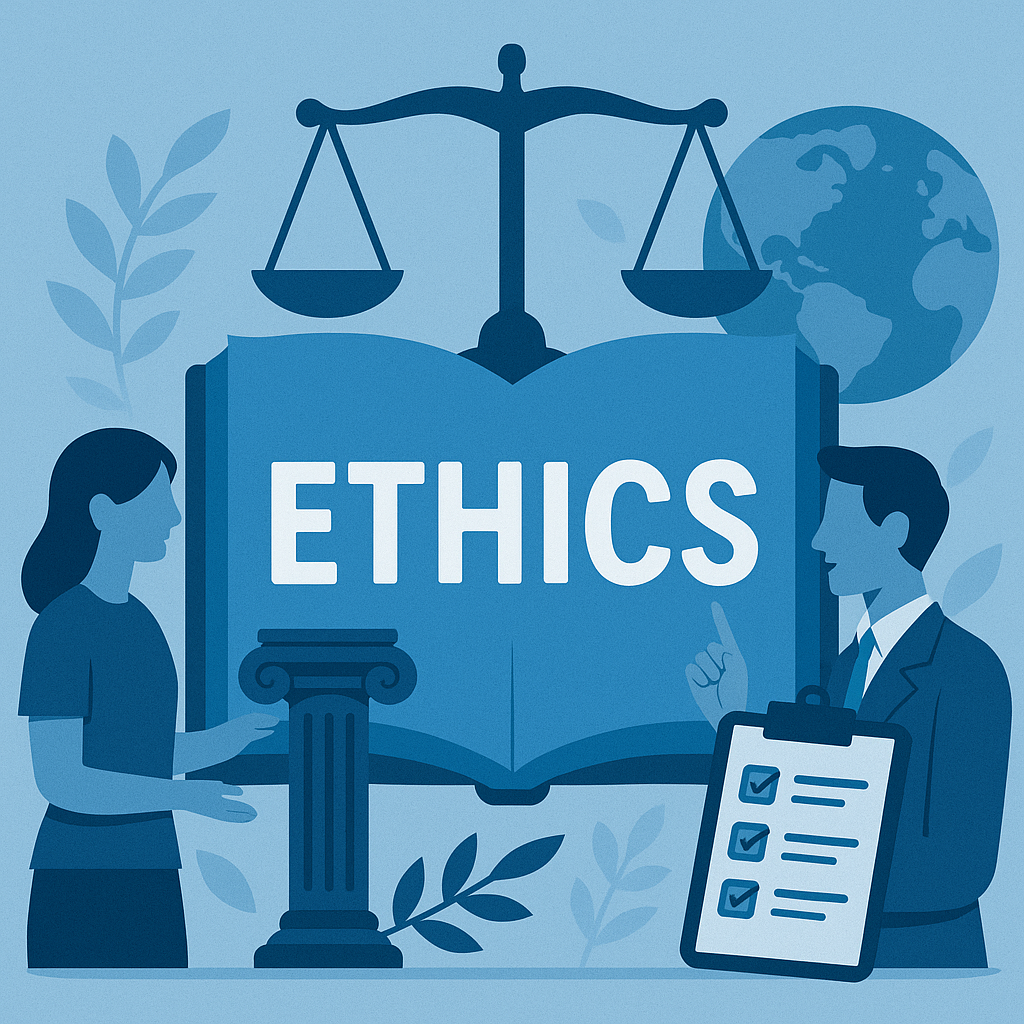Navigating the Moral Maze: A Dive into Cybersecurity Ethics
In the ever-evolving realm of cybersecurity, the intersection of technology and ethics grows increasingly complex. Cybersecurity isn't just about defending against attacks or securing systems—it's also about making decisions that align with moral principles and societal values. This post explores the essential ethical considerations that every cyber professional should be aware of.
Why Ethics Matter in Cybersecurity
As digital technologies permeate every aspect of modern life, the role of cybersecurity professionals has expanded from mere guardians of information to stewards of ethical responsibility. According to an article by The University of Tulsa, maintaining the privacy and confidentiality of information is a foundational ethical pillar in cybersecurity (source).
Core Tenets of Cybersecurity Ethics
Key ethical guidelines in cybersecurity involve prioritizing network security, ensuring the rights and interests of individuals, and adhering to both legal frameworks and societal norms. Highlights from a blog post by a university detail the importance of implementing ethical countermeasures to protect data (source).
Let's break down these tenets further:
- Privacy and Confidentiality: Keeping user data confidential, ensuring it's accessed only by authorized individuals.
- Integrity: Guaranteeing the accuracy and reliability of data throughout its lifecycle.
- Availability: Ensuring that information and systems are accessible to authorized users when needed.
Real-World Ethical Dilemmas
In cybersecurity, ethical dilemmas often arise around the areas of surveillance, data breaches, and the use of AI. For instance, is it ethical for a company to monitor its employees' activities on corporate networks? What about the obligations involving the disclosure of a data breach?
Consider the infamous Cambridge Analytica scandal where data was used without users' consent to influence voter behavior. This incident perfectly illustrates the complex interplay between ethics and cybersecurity.
Your Role and Responsibility
As a cybersecurity professional, you are not just a technician; you're an ethical gatekeeper. Each decision can have wide-reaching implications on privacy, personal freedoms, and trust in the digital age. Engaging in continuous learning and adhering to ethical standards is essential for maintaining the trust and security of the users.
Tips for Upholding Cybersecurity Ethics
- Stay informed about the latest laws and regulations.
- Respect user privacy and data protection laws.
- Be transparent about data usage and security policies with stakeholders.
Cybersecurity isn't just a technical challenge; it's a moral one too. Professionals must navigate this landscape with a clear ethical compass, ensuring a balance between technological advancement and ethical responsibility.
Takeaway: Embrace ethical challenges as part of your cybersecurity role. Strive to protect not just digital assets but also uphold the moral integrity of the digital space.
